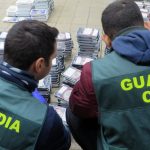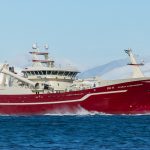According to a federal fisheries agent every pound of mislabeled fish affects the fishermen, the processors, the reputation of restaurant chains and the trust of consumers. Andrew Cohen, a special agent-in-charge with NOAA Fisheries Law Enforcement, in Goucester, Mass, said that people can make good money dealing in illegal seafood but it has very bad affects on the commercial fishing industry.
Experts said that it is white collar crime; an invisible crime, not easy to detect. Jeff Passer, Cohen’s counterpart in Juneau, stands to compete with seafood harvested in Alaska for markets outside the state. He also told that his office has tested crab and salmon to determine species, but that in general Alaska is not an import state and does not have a population which would prompt shipment of tons of fraudulently mislabeled seafood.
It is revealed that in Washington State, by contrast, a businessman was recently convicted of trying to sell more than 65 tons of turbot imported from China as halibut, a more expensive fish. The report revealed that part of the settlement agreement was that the culprit must donate to the National Fish and Wildlife Foundation the profit he made from the sale. In Los Angeles, earlier in November, 26 companies faced criminal charges for the illegal import of Asian catfish from a Vietnamese fish farm, opined Cohen.
Cohen responded that Federal Country of Origin Labeling has helped the retail sector somewhat. He added that still the retail or wholesale customer has a better chance of getting what is advertised if they know the seller, order specifically and ask for invoices.








